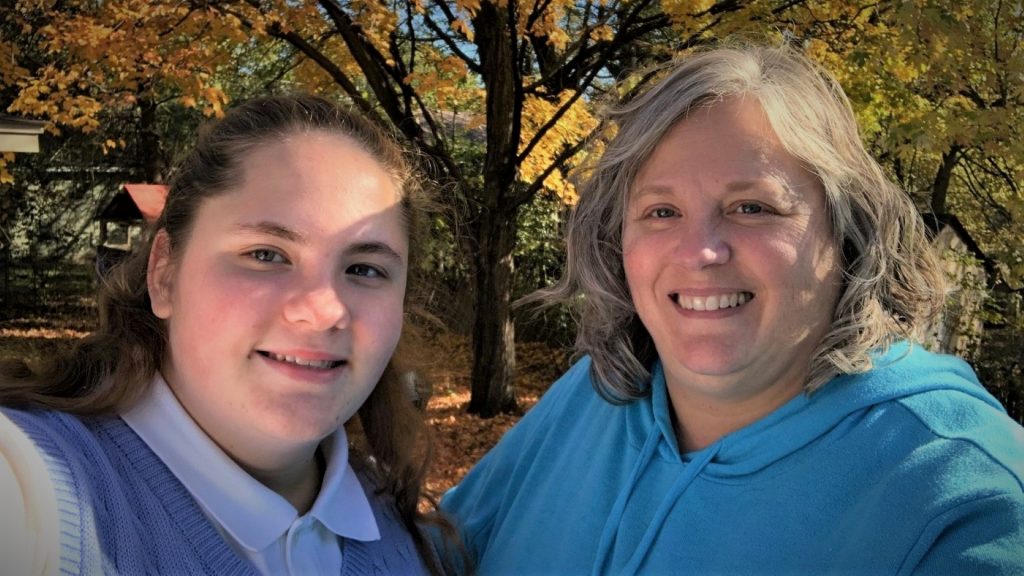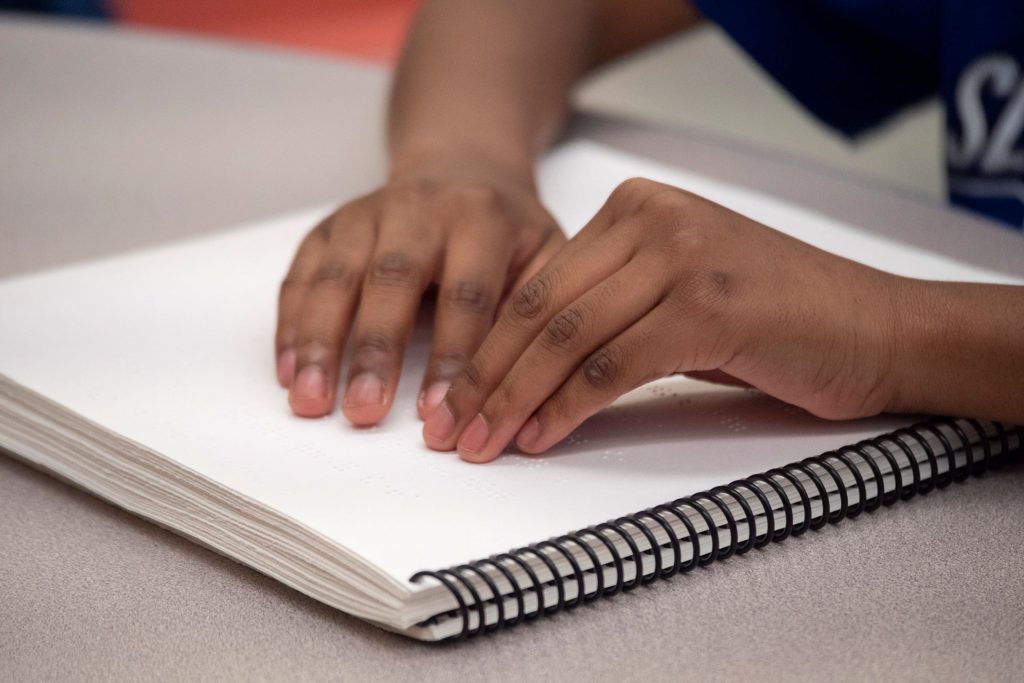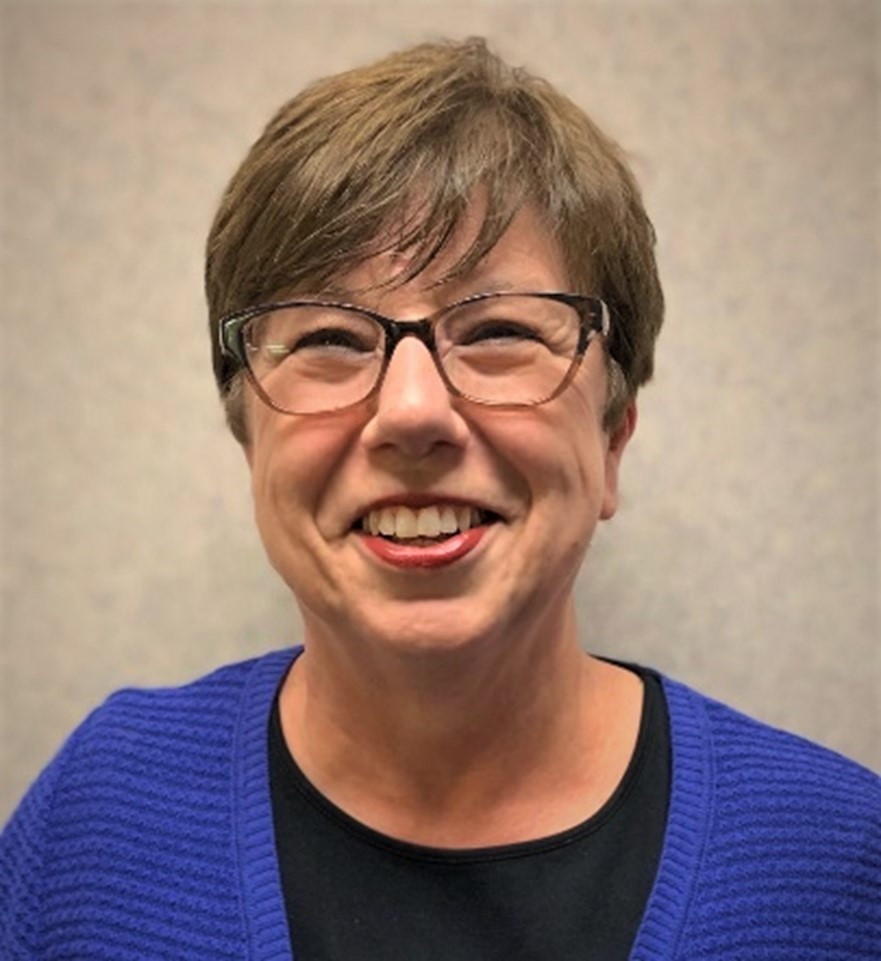NOTE: October is Blindness Awareness Month as well as Learning Disabilities / Dyslexia / Attention Deficit Hyperactivity Disorder Awareness Month.
My name is Ella, and I’m a junior at Irondale High School in Minnesota. This school year, I’m busy studying for advanced placement courses, playing percussion and coordinating audio equipment in my school’s band, and making time to read book recommendations from friends. I was diagnosed with dyslexia in fifth grade, and reading print books has always been challenging for me compared with most of my classmates. However, accessible digital books from Bookshare give me the same opportunities to learn, engage, and show what I know.










